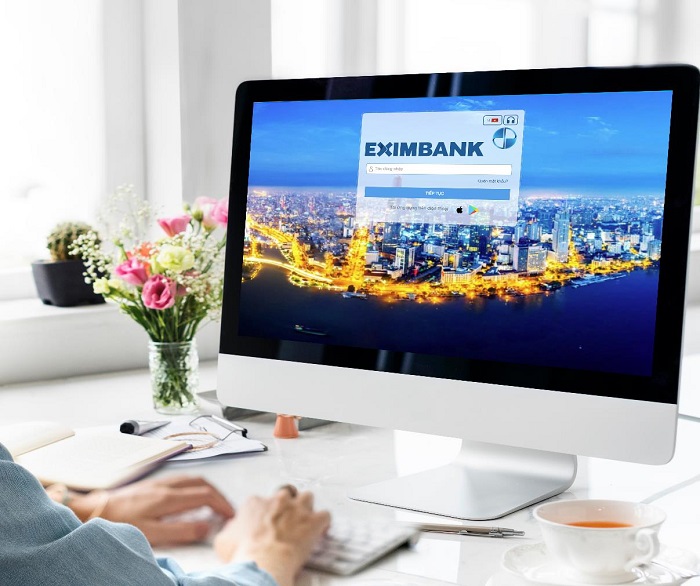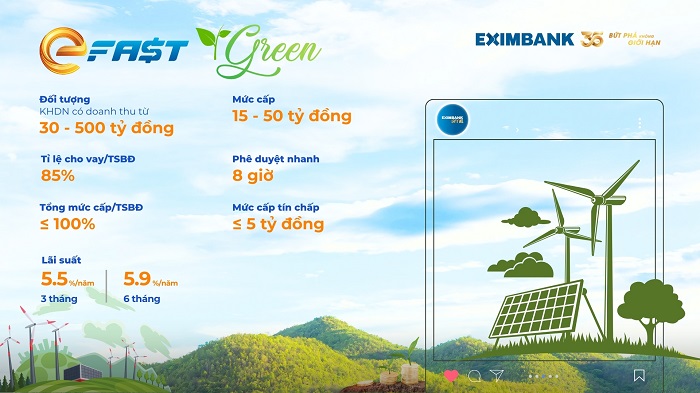Theo Ngan hang The gioi (WB), tin dung xanh tai cac nuoc dang phat trien da tang truong 23%/nam trong thap ky qua. In Vietnam, the State Bank aims to 50% of the total credit balance of the whole industry of Green Credit by 2030. This is both pressure and opening up great opportunities for banks. Previously, green credit or "paper -free bank" was just an incentive concept, now it is a prerequisite to maintain competitiveness.

In this context, the biggest challenge for financial institutions is to develop a long -term strategy to become a sustainable financial pioneer bank, avoiding the risk of lagging.
Sustainable finance - "leverage" helps businesses reach far away
The banking industry is witnessing the strong rise of sustainable finance, when a series of countries and international organizations set out regulations on environmental and social responsibility. The European Union (EU) has issued a Directive of Sustainable Business Report (CSRD), requiring financial institutions to publicize ESG data. In Vietnam, Circular 17/2018/TT-NHNN of the State Bank encourages credit institutions to develop green credit lists, especially for export or international cooperation enterprises. This move confirms that meeting ESG standards is no longer a choice but a mandatory condition to maintain global trade relations.
Besides the pressure from the international market, Vietnamese businesses are also actively taking advantage of opportunities. ESG standards can access preferential capital from the Green Climate Fund (GCF) or Asian Development Bank (ADB), while improving the prestige and attracting investors.
According to the Ministry of Industry and Trade, the application of sustainable reporting standards and the announcement of ESG comes from the urgent needs of the world, requiring transparency. Businesses need to prepare now to seize opportunities and create new values.
Eximbank pioneered with the "4E" solution group
In the context of sustainable financial becomes an indispensable trend, Eximbank positions itself not only to be a commercial bank, but also a strategic partner to accompany businesses on the green conversion journey. With the strategy of "towards green banks", Eximbank has implemented many practical initiatives - from developing green credit to comprehensive digitalization to reduce environmental impact.
The most outstanding effort is the "paper -free bank" model, a strategic step in sustainable financial promotion. Instead of traditional paperwork, Eximbank applies digital approval systems, helping to speed up transactions and reduce waste of resources. Solutions such as electronic office (EOffice), ECONTRAC (ECONTRAC), EFRM (EFRM) and Electronic Lubricate (ECARD) are implemented synchronously, creating an effective and environmentally friendly working environment. Besides, digital signatures and EkyC help customers trade quickly and secure without the need for the counter.

Not stopping at improving the operation process, the bank also promotes green credit funding, prioritizing capital for enterprises to implement renewable energy projects, organic agriculture and sustainable production. At the same time, Eximbank encourages customers to use digital banking services, restricting cash transactions to reduce carbon emissions from printing and money transportation.
Sustainable finance is no longer a slogan, but is becoming a measure of the contribution of the financial institution to society. When the trend of green banks spread, pioneering units like Eximbank will play a key role in promoting the transformation of the whole industry, contributing to creating a transparent, efficient and sustainable economy.











